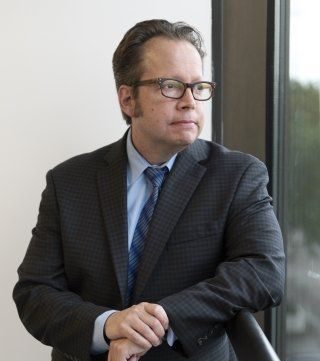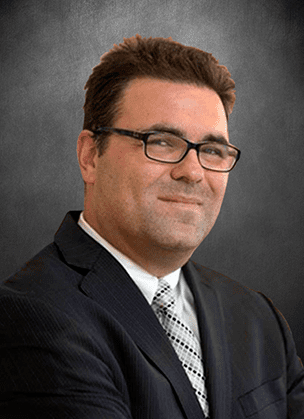![shutterstock_263218205[1] shutterstock 2632182051](https://www.adambaronlaw.com/wp-content/uploads/2023/03/shutterstock_2632182051.jpg)
MEET OUR ATTORNEYS
WORKERS’ COMPENSATION FOR MEDICAL EXPENSES
Does Workers’ Comp Cover All Medical Bills?
If you suffer an accident or illness while you are on the job, your employer generally must provide you with compensation for your harm, subject to a few limited exceptions. Navigating the workers’ compensation system can be incredibly complicated, especially if you are dealing with a painful and debilitating injury. The employer’s workers’ compensation insurance carrier will conduct an investigation of your claim, and it will not always keep your best interests in mind.
Skilled workers’ compensation lawyer Adam Baron can help residents of Coral Springs, Naples, and other South Florida cities file claims for benefits and protect their rights when negotiating with insurance companies.
Pursuing Benefits for Medical Expenses
The first step in recovering reimbursement in a workers’ compensation case is to file a claim with your employer. It is important to take action to pursue the full scope of benefits available to you for your injuries as soon as you think that you have suffered a work-related accident or illness. After receiving your claim, your employer’s workers’ compensation insurer will likely speak with you and request that you see an agreed-upon physician for an examination. Based on the examination, the insurer will determine the nature and extent of your injuries.

After you bring a workers’ compensation claim, your employer’s insurance company will most likely ask questions about your injury and request that you undergo a medical examination by a preapproved doctor. Based on the doctor’s examination, the insurance company will determine whether you qualify for benefits and, if so, the extent of the benefits that you will receive. Benefits are determined by two factors: whether the injury is total or partial, and whether the injury is permanent or temporary. A Temporary Partial Disability will likely result in a relatively small benefits award, while a Total Permanent Disability will result in a more substantive award. An injured employee also usually has the option of pursuing a lump sum settlement with the insurance carrier.
How Much Does Workers’ Comp Pay for Medical Bills?
The majority of your medical expenses, hospital bills, medications, and other injury-related expenses are compensable under the workers’ compensation system. After you have been awarded benefits, you will be asked to submit any bills or invoices from medical treatment you received related to the injury. The insurance carrier will review the bill and determine whether it is reimbursable. An insurer may deny a claim for compensation if your work-related injury arises from the exacerbation of a preexisting condition on the basis that the employer is not entirely responsible for your new conditions or symptoms. It is important to understand preexisting injuries in the context of a workers’ compensation case before filing your claim to ensure you seek the benefits that you deserve.
What Happens to Medical Bills When Workers’ Comp is Denied?
If your claim is denied, you will be responsible to pay your own medical bills. However, just because your claim has been denied initially, that does not mean that you don’t deserve compensation! There are a number of reasons a claim may be denied, so it’s important to have a professional workers’ comp lawyer check your claim and ensure that you have filed everything properly.
Contact a Coral Springs Workers’ Compensation Lawyer after a Workplace Accident
If you have been hurt on the job, you may be entitled to reimbursement for your medical expenses. Dedicated work injury attorney Adam Baron has provided experienced legal advocacy to people in the Naples area and the surrounding communities, including Tamarac, Coral Springs, Miami, and North Miami Beach. I offer a free consultation to help you learn about your rights and options. Contact us online or call us at one of our regional office locations to set up your appointment now.
Call us in Broward County at (954) 716-8976, in Miami-Dade at (305) 770-2131, or in Naples/Fort Myers at (239) 352-5511.


